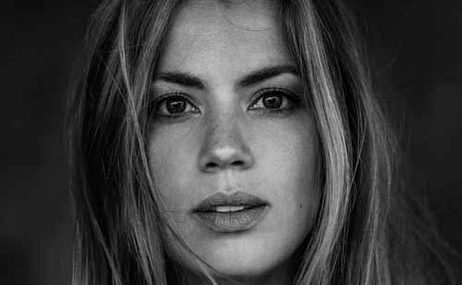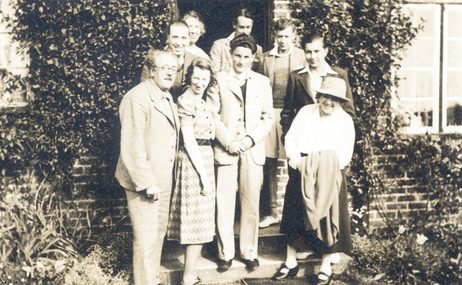Presented by Marta Fontanals-Simmons and Lana Bode
Britten had received a copy of Hardy’s Collected Poems from Christopher Isherwood when visiting the USA in 1949, and eight of the poems from this book found their way into his 1953 song cycle Winter Words (plus two more that were later discarded). Some of the choices Britten made reflect his attraction to wintery bleakness, rather than to the more bucolic charms of other Hardy verses, particularly ‘At day-close in November’ and ‘The Choirmaster’s Burial’. Others, such as ‘Wagtail and Baby’ and ‘The little old table’ are more cheerful, and all of the songs share vivid depictions of imagery – almost like little dramatic scenes. This is hardly surprising perhaps, given Britten had just put down composition of his Coronation opera Gloriana.
It was the first cycle in a number of years he had composed for Pears – the first since Holy Sonnets of John Donne back in 1945. Winter Words was, then, originally composed for the tenor voice. But in recent years, the publishers Boosey & Hawkes have issued a number of Britten’s works for high voice in a lower key, opening up the repertoire to other voice types. As Marta Fontanals-Simmons explains in this week’s film, the transposing of the piece down a third makes it comfortable for her mezzo-soprano voice, as well as offering expressive possibilities of the different vocal range. Lana Bode explores Britten’s beautiful, nuanced piano writing in the cycle and particularly how he imitates the violin playing of a young boy in ‘At the railway station, Uppway’. Winter Words is one of Britten’s most moving cycles which, while not unified by a musical theme exactly, has a cumulative power – culminating in the poignant final song, ‘A Time There Was’.


